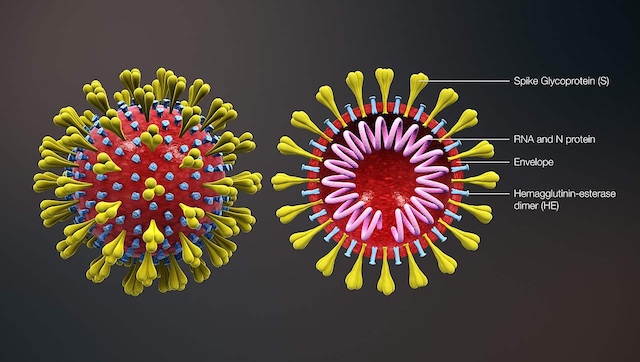New Delhi: Certain areas of Delhi have hit their peak of the COVID-19 pandemic, while certain other areas in the city are yet to reach the peak, said AIIMS director Dr Randeep Guleria on Monday. He added that there is not much evidence of community transmission happening at the national level. “Certain areas have hit their peak in COVID-19 cases. Delhi seems to have done so because the cases have declined significantly. Certain areas have yet to reach the peak. Cases are increasing in certain states. They will reach the peak a little later,” Guleria said, while addressing a press conference. The National Capital had witnessed a surge in the cases of novel coronavirus cases over the past one month. However, the number of active cases has seen a dip over the past few weeks. “But there are hotspots, even in cities where there is spike of cases and it very likely that local community transmission in those areas is happening,” he said. The Union health ministry said there are a total of 12,2793 COVID-19 cases in Delhi including 16,031 active cases and 3,628 deaths. Over one lakh people have been cured/discharged/migrated in Delhi. On Monday, India’s COVID-19 case tally crossed the 11 lakh mark with the highest single-day spike of 40,425 new cases and 681 deaths reported in the last 24 hours. Further, the AIIMS director said that the mortality rate in South East Asia, including India, is much lower than in European countries like Italy and Spain and even in the United States. “If you look at the data from Southeast Asia, not just India, the mortality rate is much lower than what happened in Italy and Spain or what is happening in the United States,” he said. Two days after announcing that All India Institute of Medical Sciences (AIIMS) will conduct the human clinical trial of the indigenously developed COVID-19 vaccine candidate Covaxin, Dr Guleria said that the trial will be conducted in three phases. “Phase 1 vaccine trial will be conducted on healthy people aged 18-55 years who have no co-morbidity. A total of 1125 samples have been collected of which 375 people will be studied in the first phase and 750 people between 12-65 years will be studied in the second phase,” said Guleria. “To test the efficacy and effectiveness of the vaccine a trial will be conducted under phase-3. The trail will be conducted in AIIMS,” he added. AIIMS Ethics Committee on Saturday gave its approval for conducting the human clinical trial of the indigenously developed COVID-19 vaccine candidate Covaxin. The country’s top drug regulator had recently given a green signal for human clinical trials for COVID-19 vaccine candidate Covaxin, which has been developed by the Hyderabad-based Bharat Biotech in collaboration with the ICMR and the National Institute of Virology (NIV). (ANI)
AIIMS director Dr Randeep Guleria also said that there is not much evidence of community transmission happening at the national level.
Advertisement
End of Article


)

)
)
)
)
)
)
)
)



